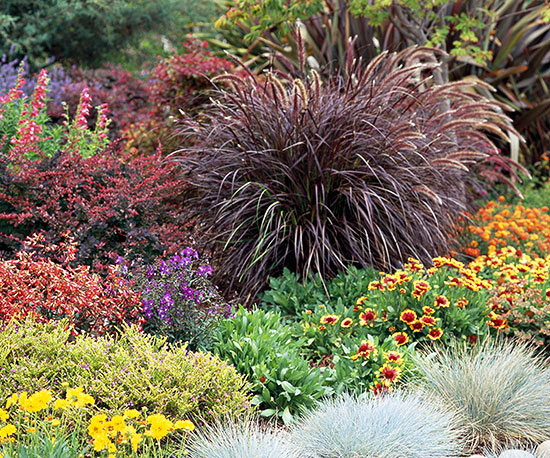






No matter how carefully you have placed your perennials in your garden, these plants have nevertheless been uprooted during transplanting. They are in a state of shock, the degree to which is determined by the handling methods, and they will need some watchful care.
Click here for 10 stunning perennials to add to your garden!
continue reading belowYour new plants must get enough water or they will die. Because it is inevitable that some of the root hairs were damaged in the replanting process, the remaining ones have to work overtime until new growth occurs. This means that for a good week or more the new transplants must be gently watered and the ground kept moist but not swamped -- overwatering could drown a new plant.
Never directly fertilize a newly planted perennials. Ideally, the plant should not need fertilizer in subsequent weeks because it has been placed in enriched garden soil, where the necessary nutrients are already in place and available to the plant once the root hairs start to grow.
If you are transplanting tall perennials, such as delphiniums, it's a good idea to stake them at the same time. Staking helps the stem of a tall plant support its flowers once they begin to bloom; done at transplanting time, staking creates a minimum of disturbance for young plants.
Check your transplants for signs of new foliage. This indicates that you have planted correctly and that your new perennial is surviving nicely in your garden. If you're planting in fall, you may not see new growth until the following spring.
Copyright © www.100flowers.win Botanic Garden All Rights Reserved